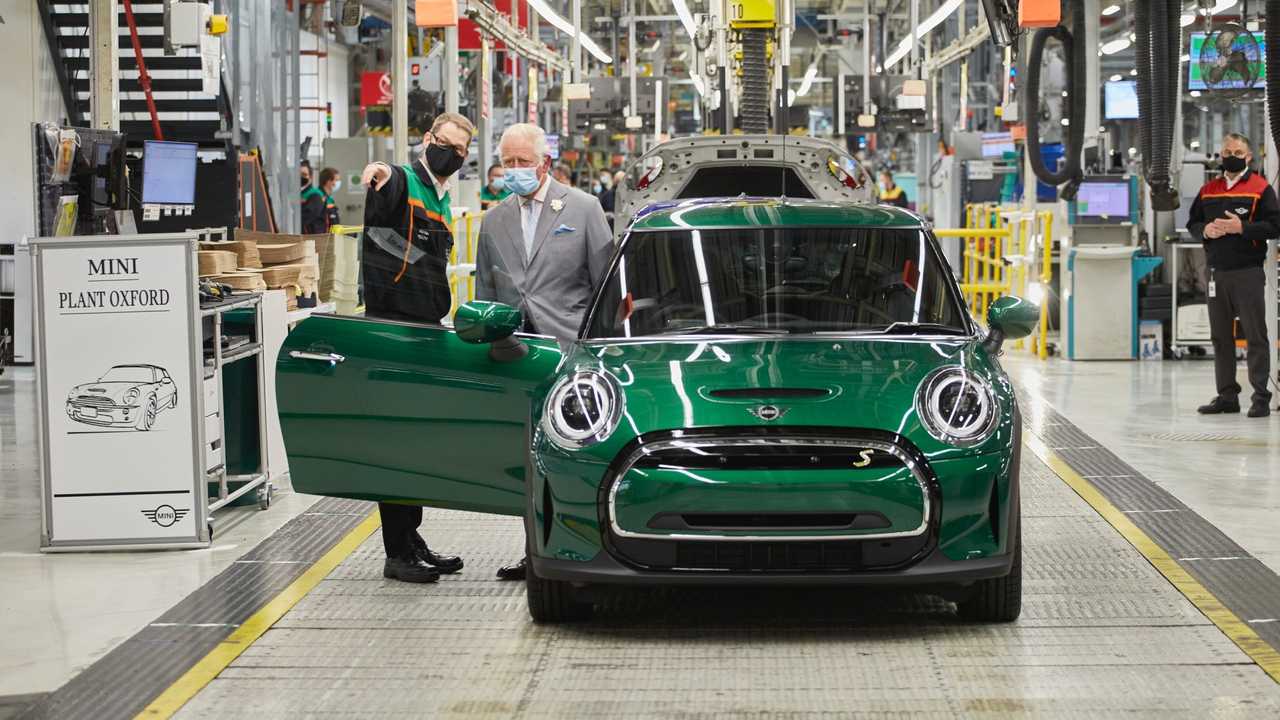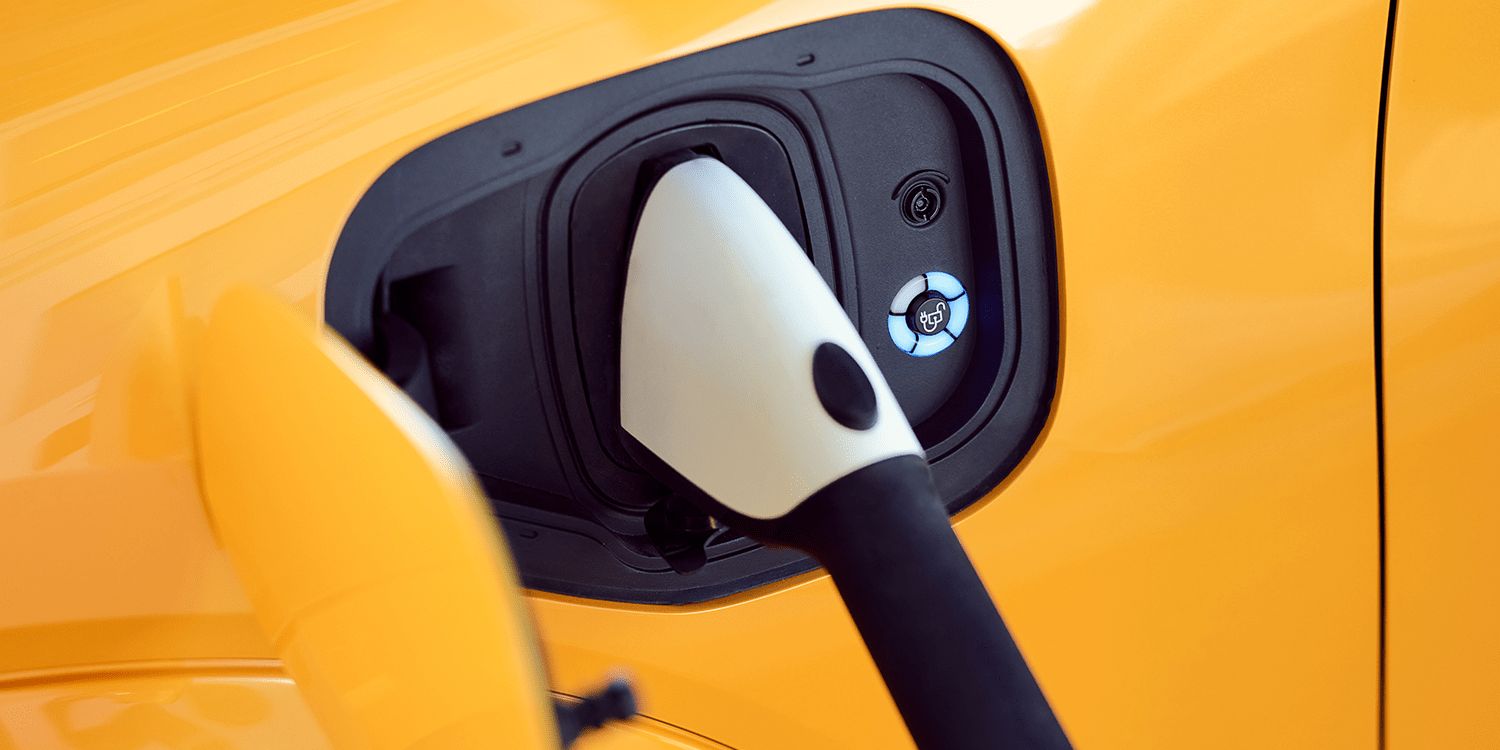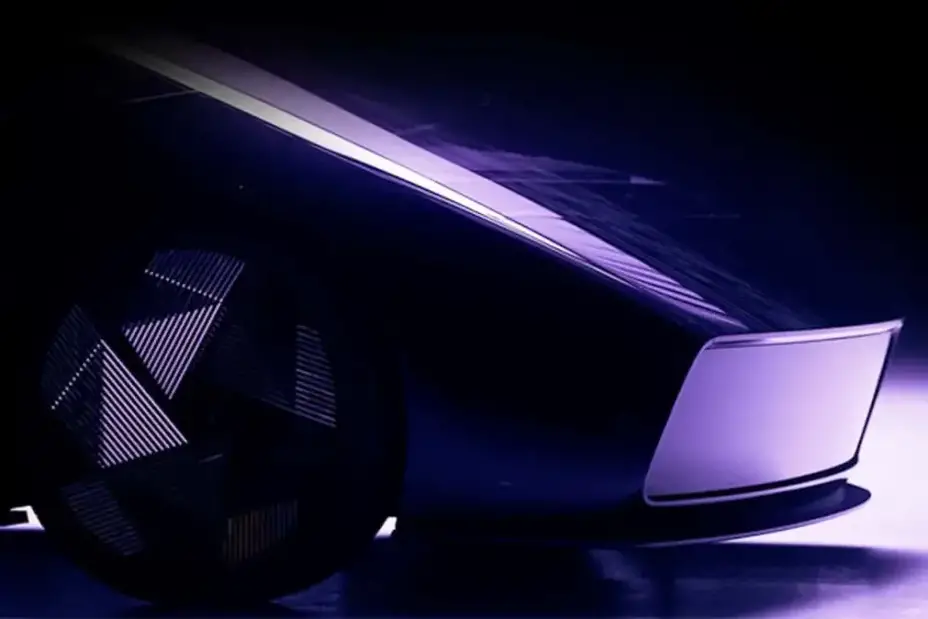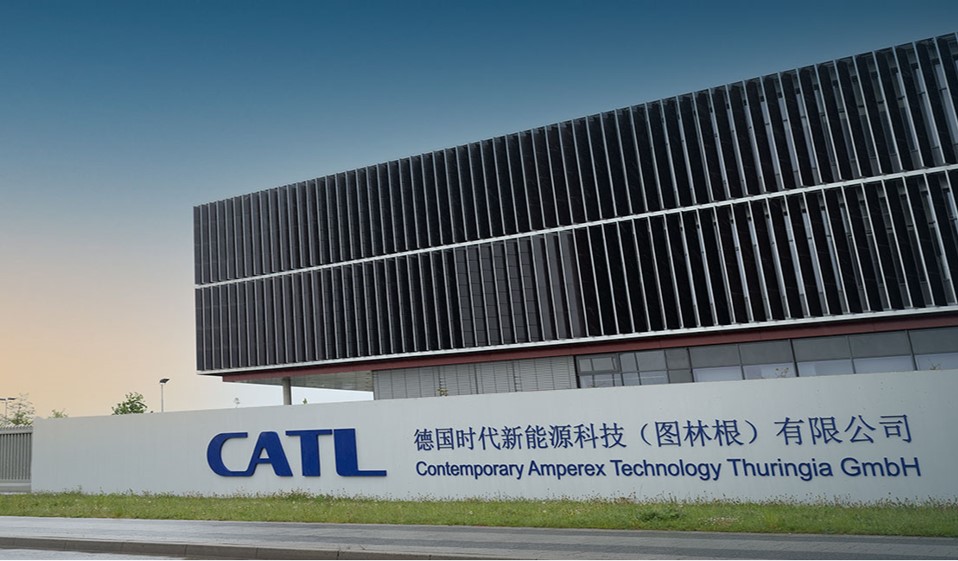The European Union (EU) suggested on Wednesday a potential postponement of three years to the enforcement of stringent regulations slated to impose import tariffs on numerous electric vehicles (EVs) traded with Britain, starting next year.
EVs constitute a vital segment of trade between Britain and the EU, as both regions are primary markets for each other’s electric vehicle exports. The proposed delay aims to provide stakeholders with additional time to align with the evolving regulations, considering the significance of electric vehicles in reducing carbon emissions.
Additionally, the European Commission revealed plans to allocate an extra 3 billion euros ($3.24 billion) to bolster the bloc’s battery manufacturing industry. This strategic move seeks to enhance local content and decrease dependence on China in the battery production sector.
The post-Brexit Trade and Cooperation Agreement (TCA) stipulates that for electric vehicles to qualify for zero tariffs, a minimum of 55% of their value must originate from the European Union or Britain. Specific content percentage requirements are also outlined for battery cells and modules. The Commission’s proposal includes an extension of the first transition period for three years until 2027, with no continuation of the second transition period.
European Commission Vice President Maros Sefcovic, responsible for overseeing EU relations with Britain, pointed out external factors impacting the proposal. He cited Russia’s invasion of Ukraine, escalating energy prices, and support schemes from competing nations, which collectively hindered the anticipated scaling up of EU battery production.
The proposal, aiming to address challenges faced by automakers in meeting content requirements, received a positive response from the European Automotive Manufacturers’ Association (ACEA). Industry estimates suggested potential tariffs could have cost EU vehicle makers approximately 4.3 billion euros if applied in 2024.
While most EU countries reportedly support the proposal, it is set to undergo review before being presented to Britain, which also reportedly backs the extension. Swedish battery producer Northvolt expressed optimism, describing the move as a “strong, strategic” step that could enhance Europe’s competitiveness in sustainable battery production.







